Alexandra Wilson was studying for her A-levels when her close family friend Ayo was stabbed more than 14 times and killed by two boys who mistook him for a rival gang member. Ayo, 17, was not in a gang. He was a Black teenage boy in the wrong place at the wrong time.
For years, grief and anger consumed Alexandra. As the murder trial played out, she questioned whether Ayo would have been mistaken for a gang member and killed if he had been white. She grew more aware of the way the police and criminal justice system seemed biased against Black people.
‘My cousins and some of their friends, all young Black boys, would constantly be harassed by the police when they were driving,’saysAlexandra,now25.‘Istarted to realise that this wasn’t happening to some of my white male friends. In addition to Ayo’s murder, that really made me think, wait, this isn’t fair. Why is the system affecting some people more than others?’
The problem is they’re seeing the same group of people coming into the court all day, every day. And so people start to have unconscious biases.
The tragedy compelled her to enter the legal profession in search of answers.‘I wanted to be part of a system and be able to change a system to make it more preventative and sort out so many of these issues we can see with bias,’ she says.
Now, nearly two years in, she has written a book about it. In Black And White details her experience as a mixed-race barrister working in a justice system still divided by race and class. Before being called to the bar in 2018, she studied politics, philosophy and economics at Oxford (becoming the first in her family to go to university at 18). Then, she received a scholarship to complete her Bar Professional Training Course – which would normally cost £19,000. After that, she began a highly sought-after pupillage, to finish her training as a barrister. Now, she lives in Essex with her parents, sister and cousin, and has been defending clients from her bedroom during lockdown, issuing strict warnings to her family not to barge in mid-trial.
Being a mixed-race woman from a working-class background, in a profession where people wear wigs and gowns, and where diverse representation is sorely lacking, makes the book particularly significant. Alexandra talks of the unfairness of a system that disproportionately charges and convicts people from BAME backgrounds. On numerous occasions, the court ushers have assumed she is the defendant or the defendant’s mum, and her clients are often shocked when they see her.
‘I don’t necessarily think anyone’s doing it to be malicious. The problem is they’re seeing the same group of people coming into the court all day, every day. And so people start to have unconscious biases. I’m not saying that’s not a problem – and there needs to be better training to acknowledge that – but I can see the root of it.’
At first, these undertones undermined her confidence. ‘I thought, is it me? Am I doing something wrong? Am I not dressed correctly? Am I not presenting confidently enough? You start to have those doubts. It’s only now, as I’m gaining more understanding and I’ve seen more patterns I guess, that you start to think, actually, there’s a bigger issue at play here.’
She has also had to tolerate inappropriate and upsetting comments from men, such as the time an older male barrister told her he wasn’t circumcised. ‘I was mortified and I remember thinking, “Do I say anything? Everyone else is a man. Do I go to them?”’ she says. ‘As a young woman, you don’t want to be that person to rock the boat.’
The lack of diversity, she explains in a chapter called Where are the women?, is twofold, as at entry level there are quite a few women. It’s as they get older they begin to drop away, leaving few female role models to turn to higher up. ‘Part of it might be because barristers are self-employed, so we don’t have things like maternity pay,’ she says. But she thinks it’s lazy to assume that is the only reason: the hours are irregular; women are often primary carers at home, and you are expected to work antisocial hours. ‘If wellbeing was taken a bit more seriously and we weren’t expected to work through our evenings, that would have a positive impact on retention of women.’
So why did she write the book? If it’s to inspire others to join the profession, she’s painted a rather bleak picture so far. But at the same time, if she doesn’t sound the alarm about the need to diversify, then who will? ‘I hope I can encourage more diversity in my profession,’ she says. ‘I hope younger people can read it and think, “Oh she did it, I can too.”’ Alexandra also hopes it will encourage other young women from BAME backgrounds, including those in other professions where there are issues of diversity, to reflect and feel confident about changing things.
Things You Only Know If..
Things You Only Know If...
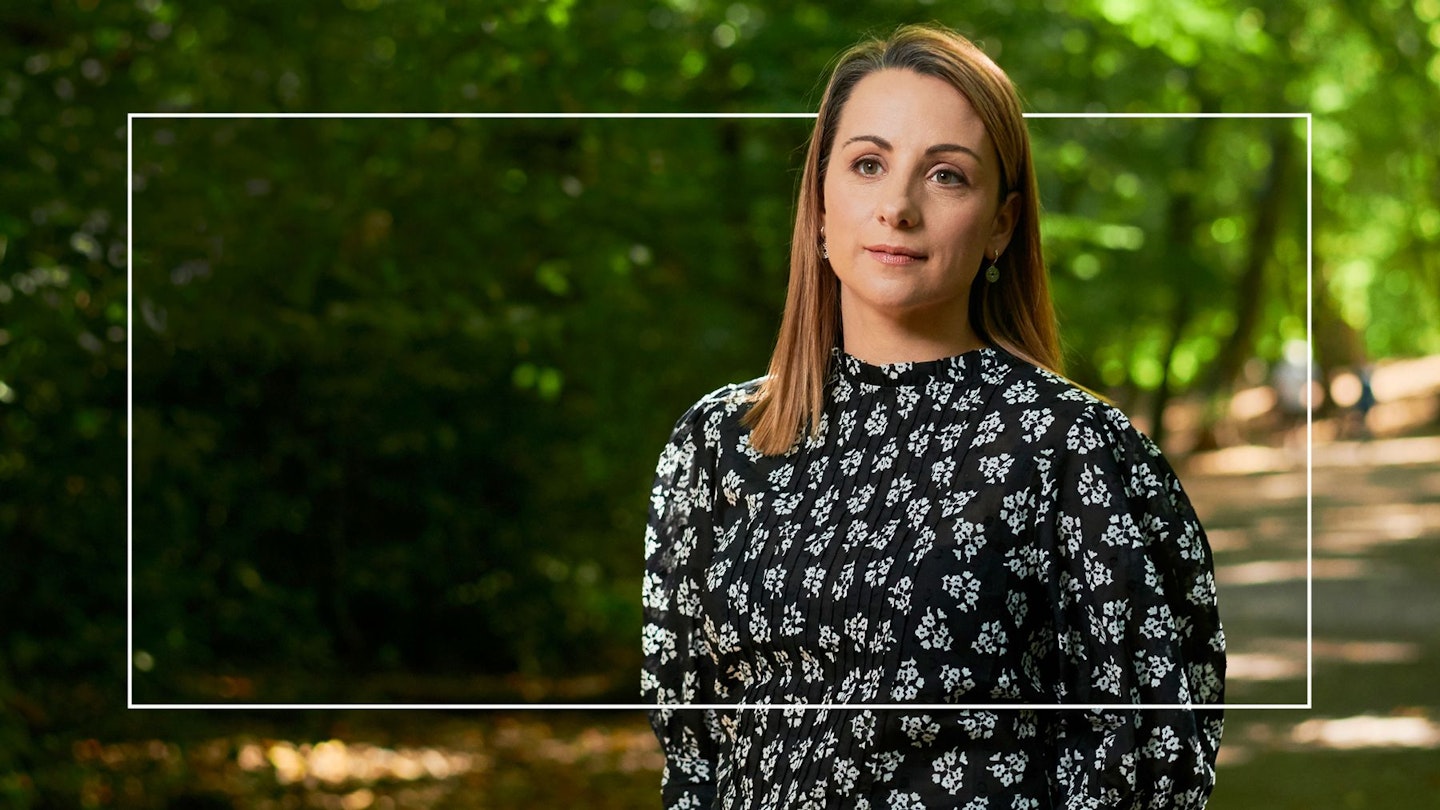 1 of 19
1 of 19Things You Only Know If You've Experienced Post-Adoption Grief
When Claire Moruzzi, 39, gave birth to her son, it unlocked unpacked painful feelings about her own adoption.
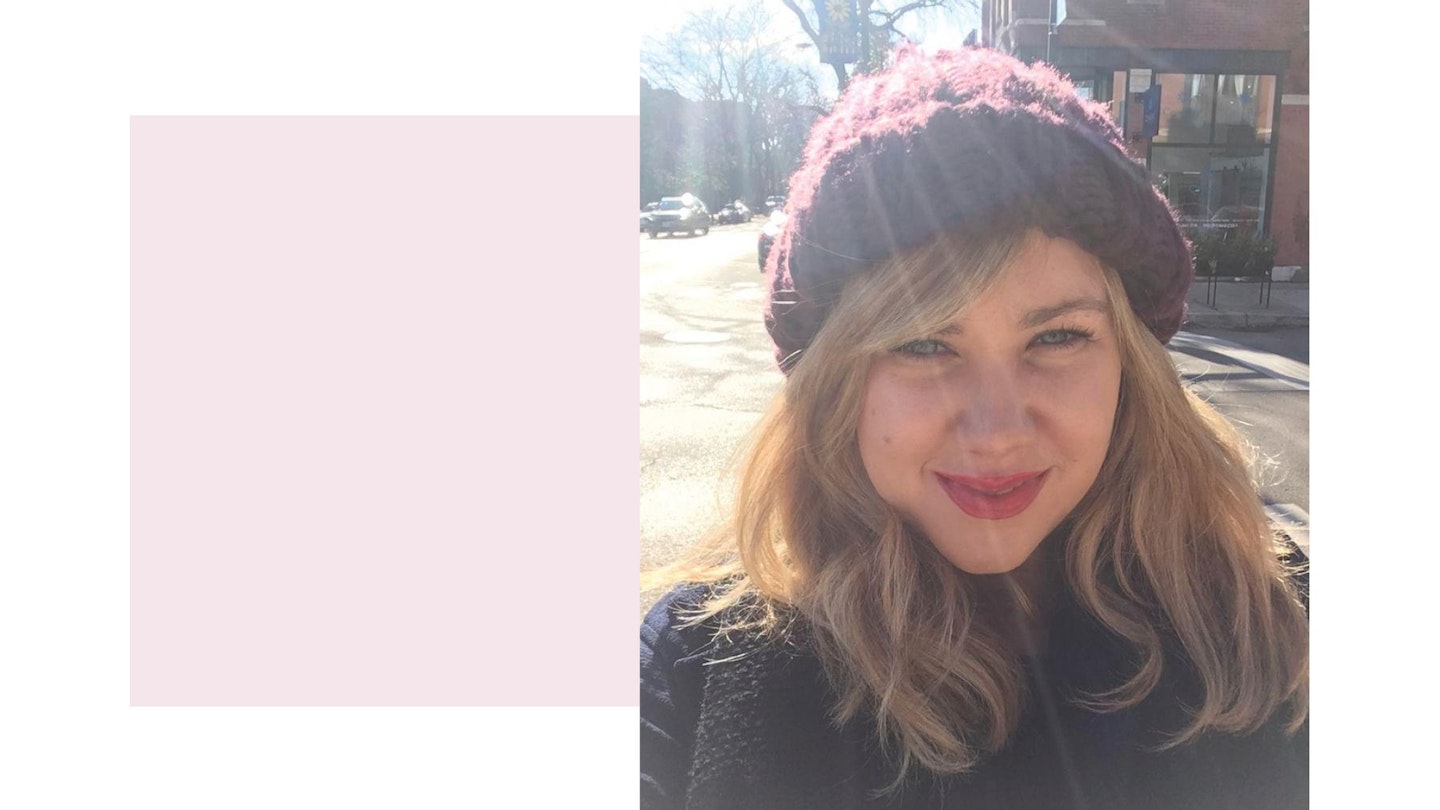 2 of 19
2 of 19Things You Only Know If You have Polycystic Ovary Syndrome
Jessica Evans reflects on the condition that affects one in 10 of us but is rarely talked about.
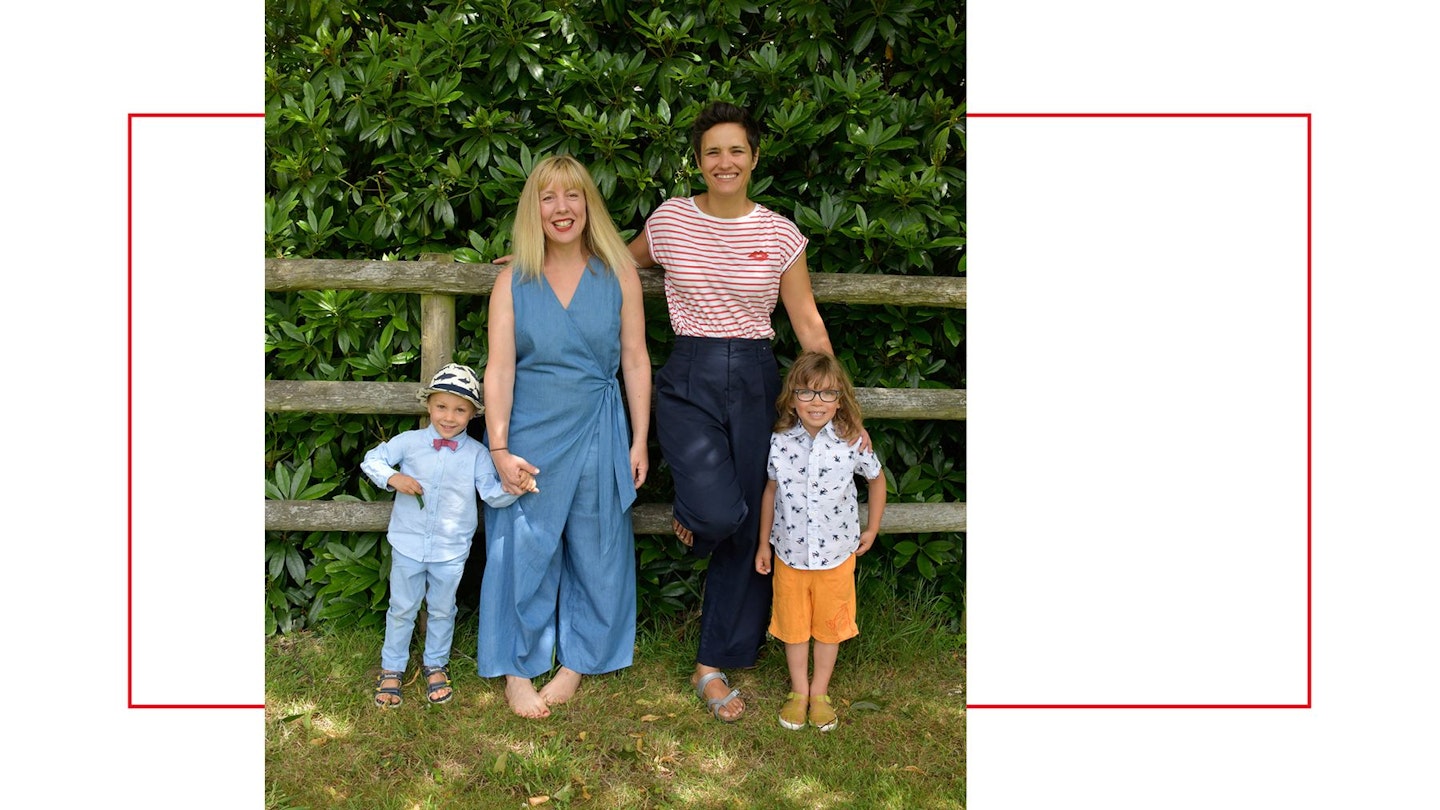 3 of 19
3 of 19Things You Only Know If You're The Other Mother
If your partner carried your children, what does that make you? Jen Brister tells Grazia about life in a two-mum family.
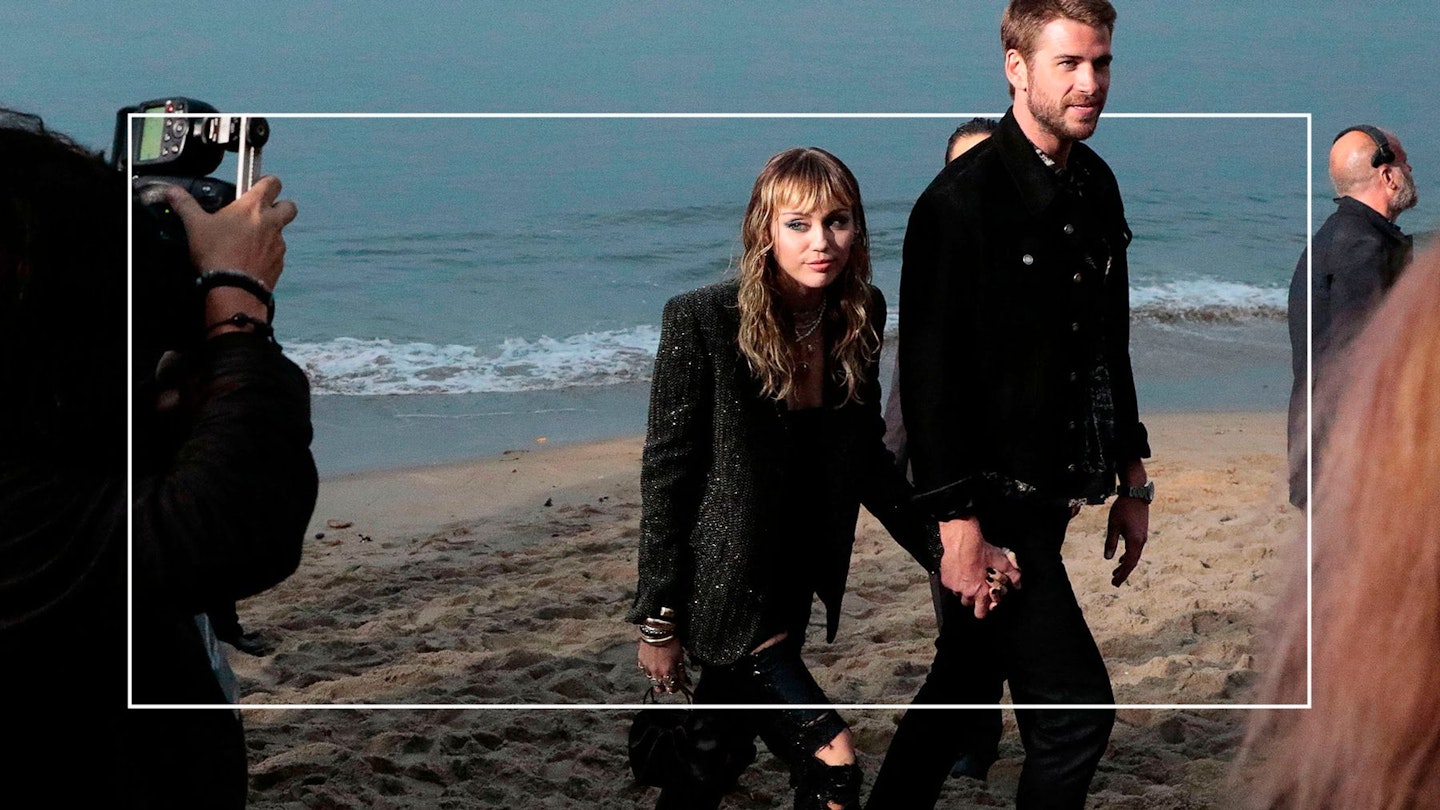 4 of 19
4 of 19Things You Only Know If Your Marriage Lasts Less Than A Year
The wedding was amazing but a Band-Aid Big Day couldn't save the relationship – and so an embarrassingly short marriage ensued.
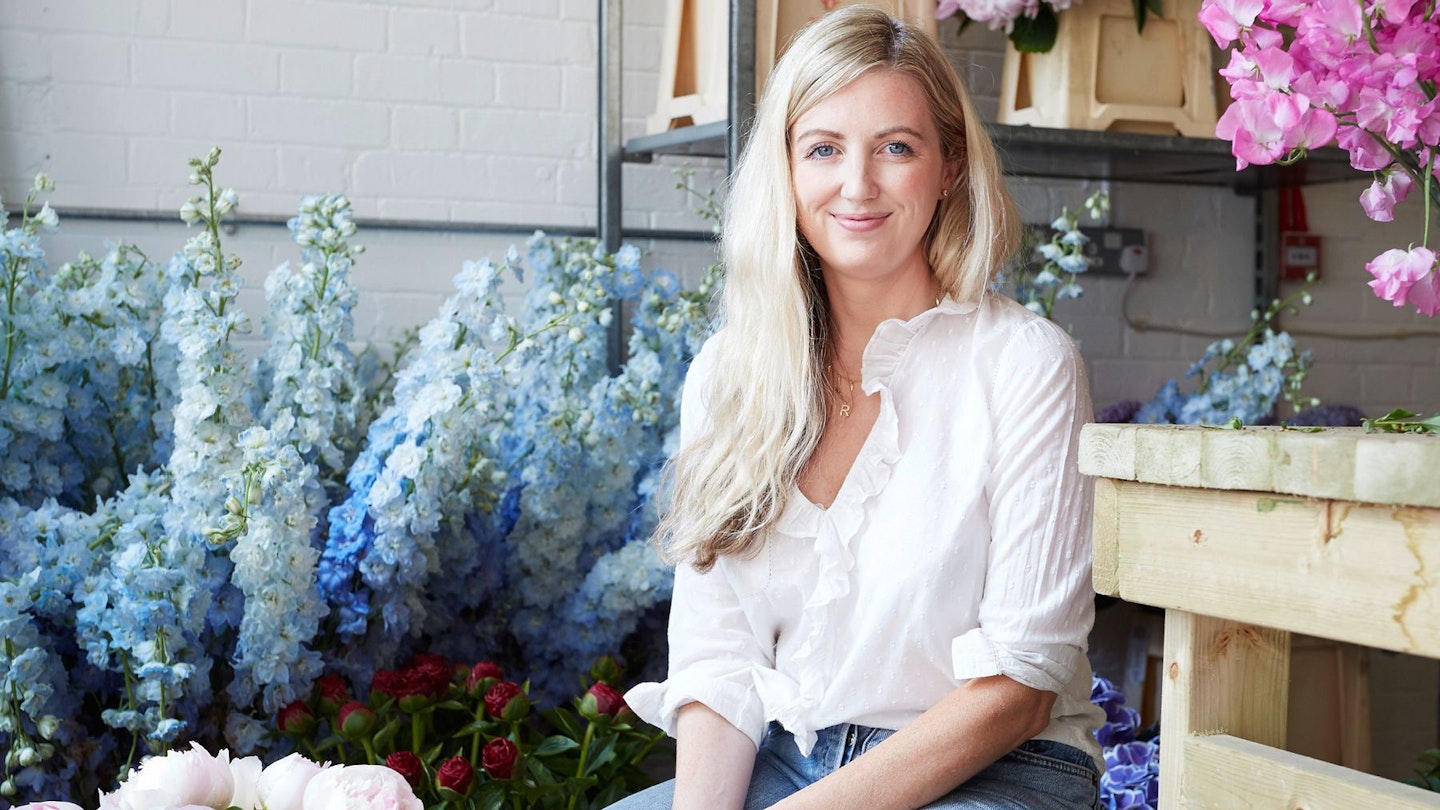 5 of 19
5 of 19Things You Only Know If You Walk Away From A Six-Figure Salary Job
As new figures reveal that record numbers are now 'overeducated' for their jobs, Lil Caldwell, 37, explains why swapping the law for floristry was her best decision yet.
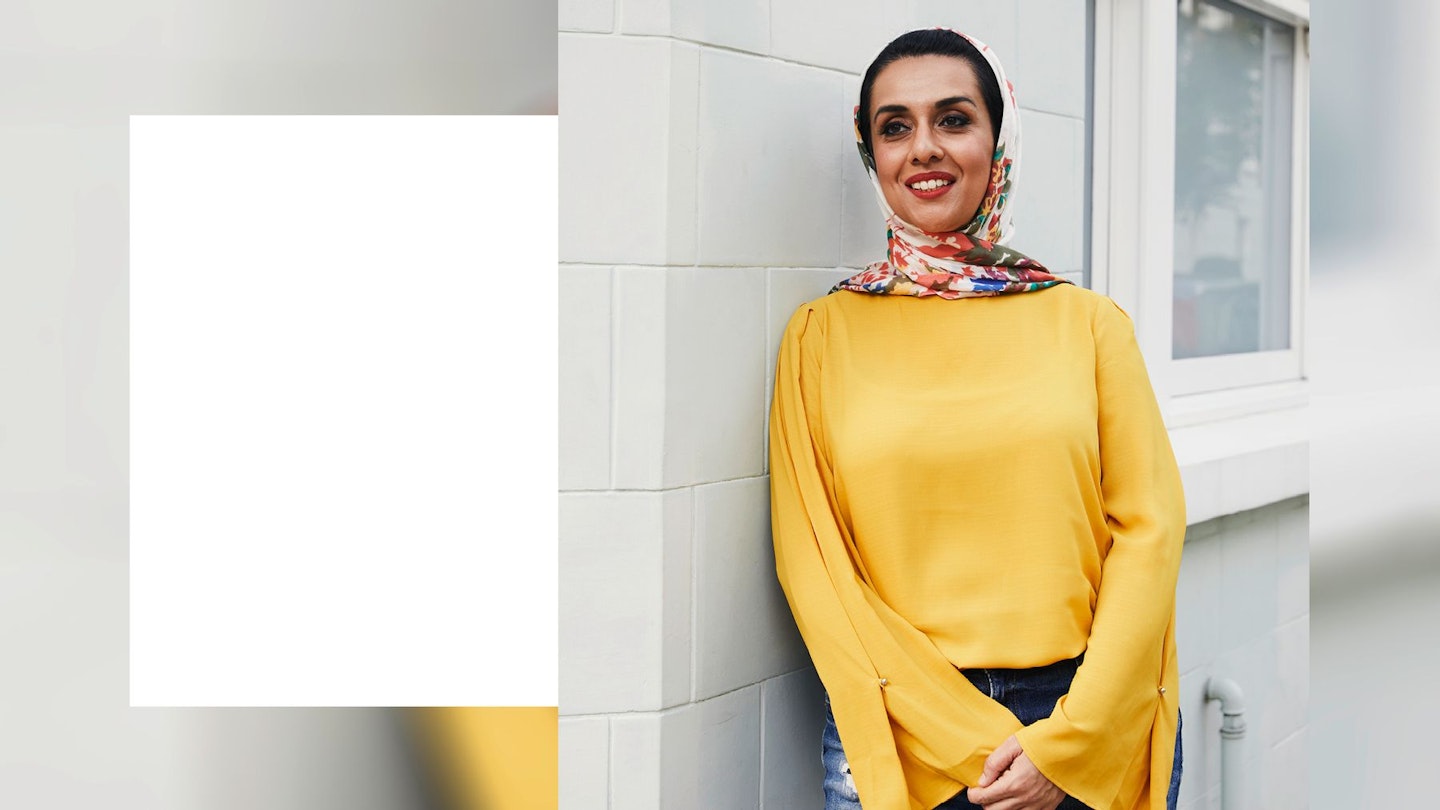 6 of 19
6 of 19Things You Only Know If: You're The Only Muslim In The Village
When Ayisha Malik moved to Dorset, she braced herself for reactions to her hijab. And was surprised at what she found.
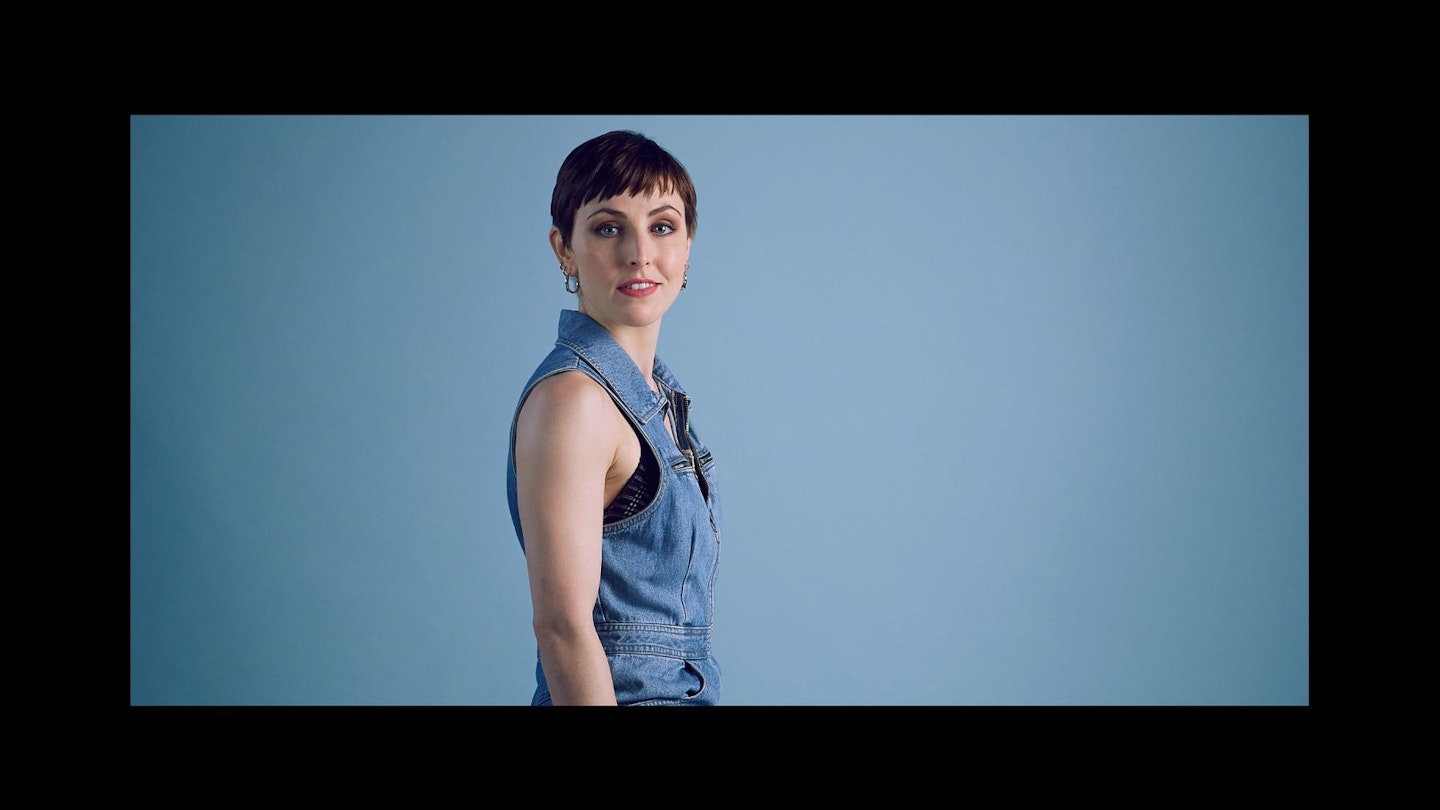 7 of 19
7 of 19Things You Only Know If: You're Going Through The Menopause At 30
A medical breakthrough now means the menopause could be delayed for 20 years. It's come too late for dancer Lindsay McAllister.
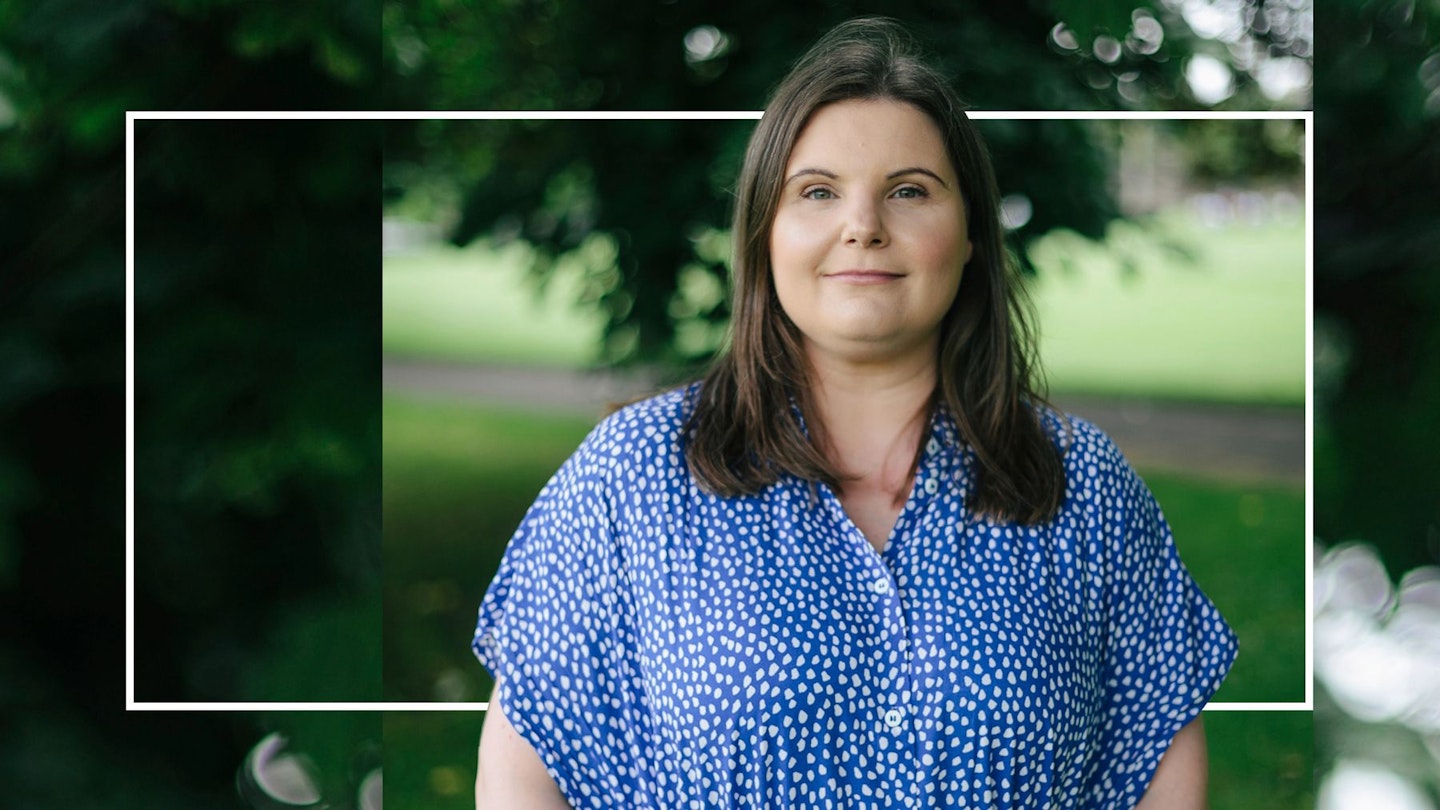 8 of 19
8 of 19Things You Only Know If: You've Finally Conquered Your Alcohol Problem
When Catherine Renton chose to end her damaging relationship with booze, she lost friends, too. She reflects on the decision that changed her life.
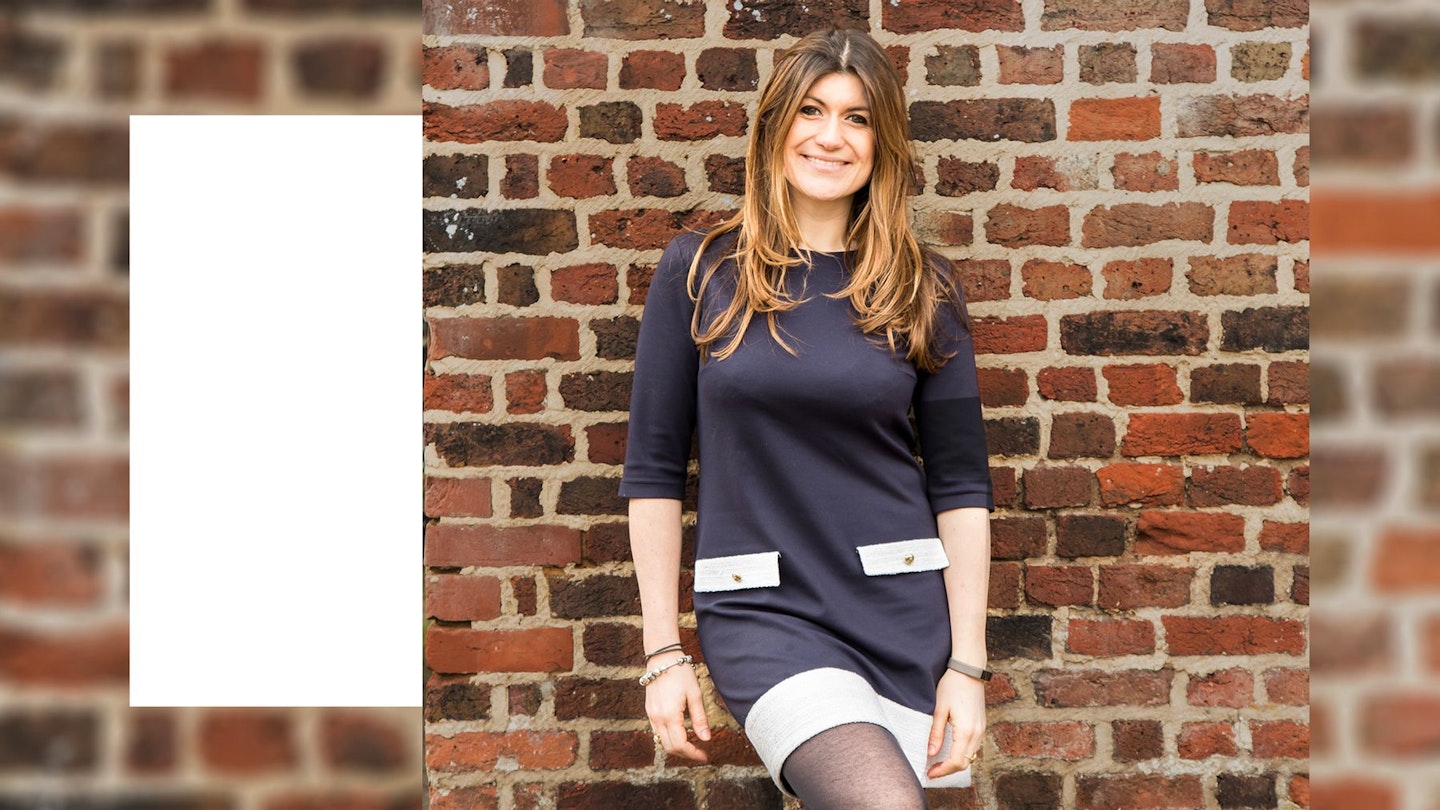 9 of 19
9 of 19Things You Only Know If You've Been On 100 First Dates
Charly Lester, 35, challenged herself to go on 30 blind dates before turning 30. Then things snowballed.
 10 of 19
10 of 19Things You Only Know If: You've Gone From Committed Singleton To 'Basic Bride'
'Suddenly, I want all the things I used to roll my eyes at: the dress, the flowers, the inexplicably expensive cake. There is a new and very loud voice in my head, it insists that this is my special day, I'm a f**king princess and I should have exactly what I want'
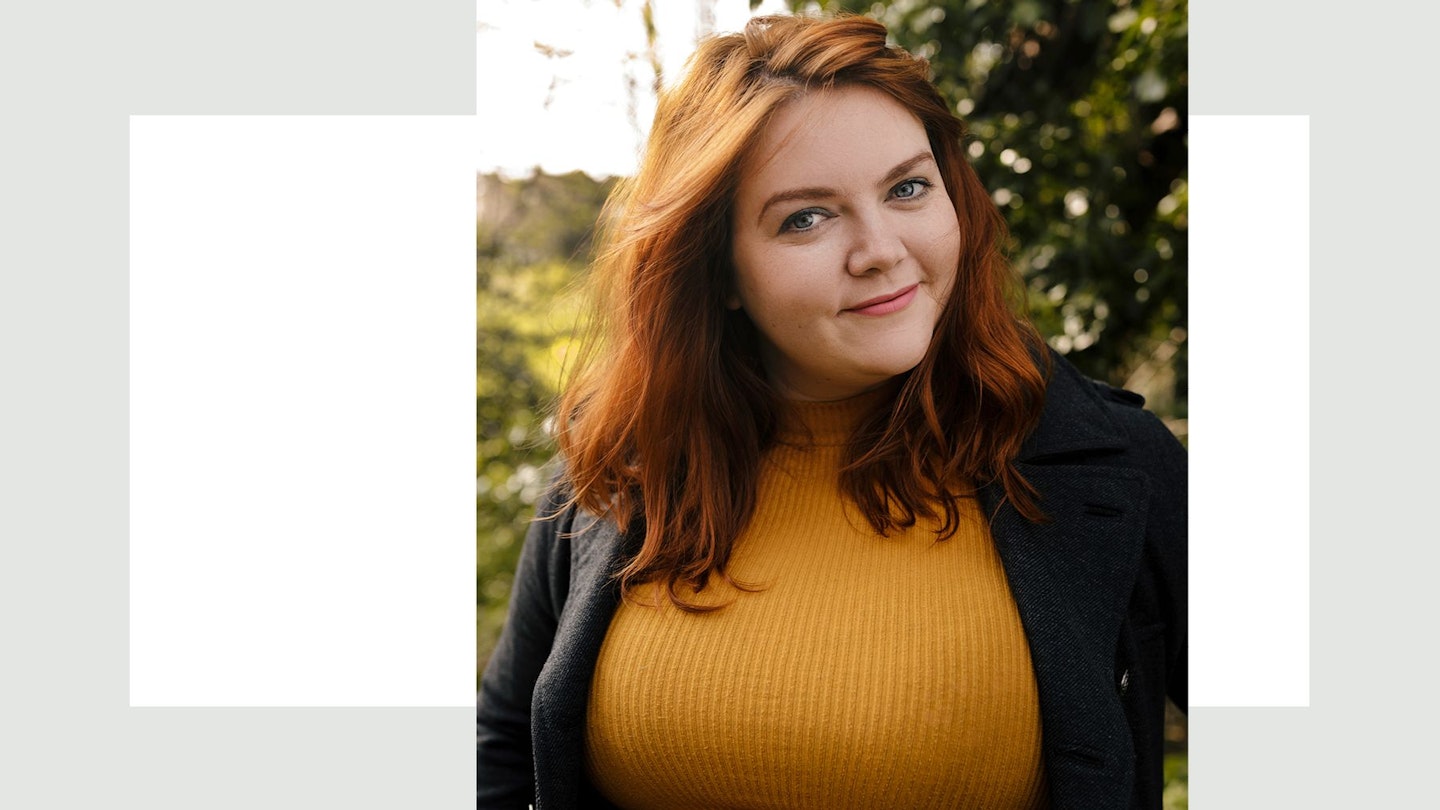 11 of 19
11 of 19Things You Only Know If You Don't Have A Girl Gang
As a child, Amy Jones looked forward to the day she'd find her squad. No 29, she's still wondering where it is.
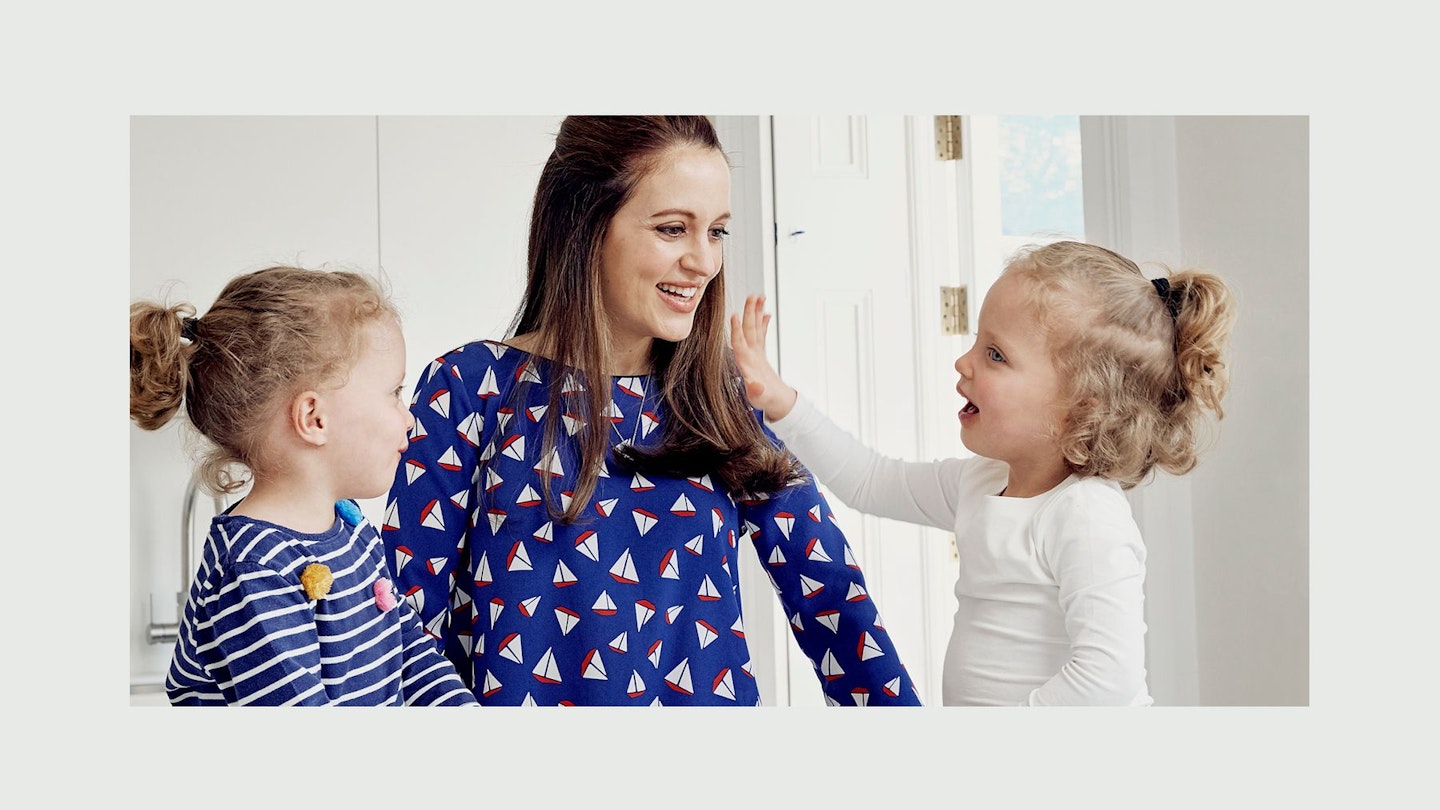 12 of 19
12 of 19Things You Only Know If Your Babies Arrive 10 Weeks Early
After her twin daughters arrived at 29 weeks, Francesca Segal spent 56 days with them at the neonatal intensive care ward - an experience that changed her forever.
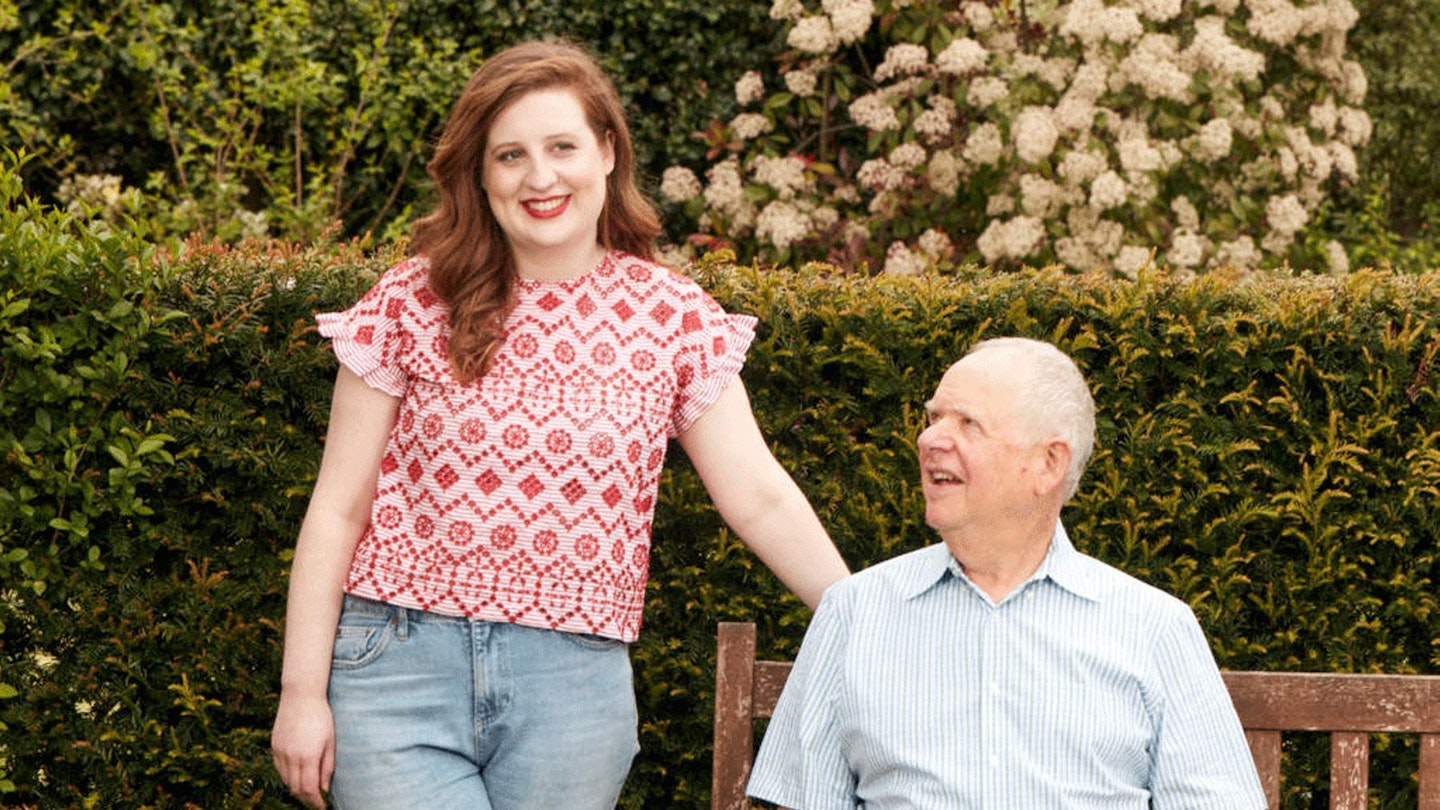 13 of 19
13 of 19Things You Only Know If… You Live With Your Parents At 29
Anna Behrmann, 29, moved back home to save money. It's had its ups and downs.
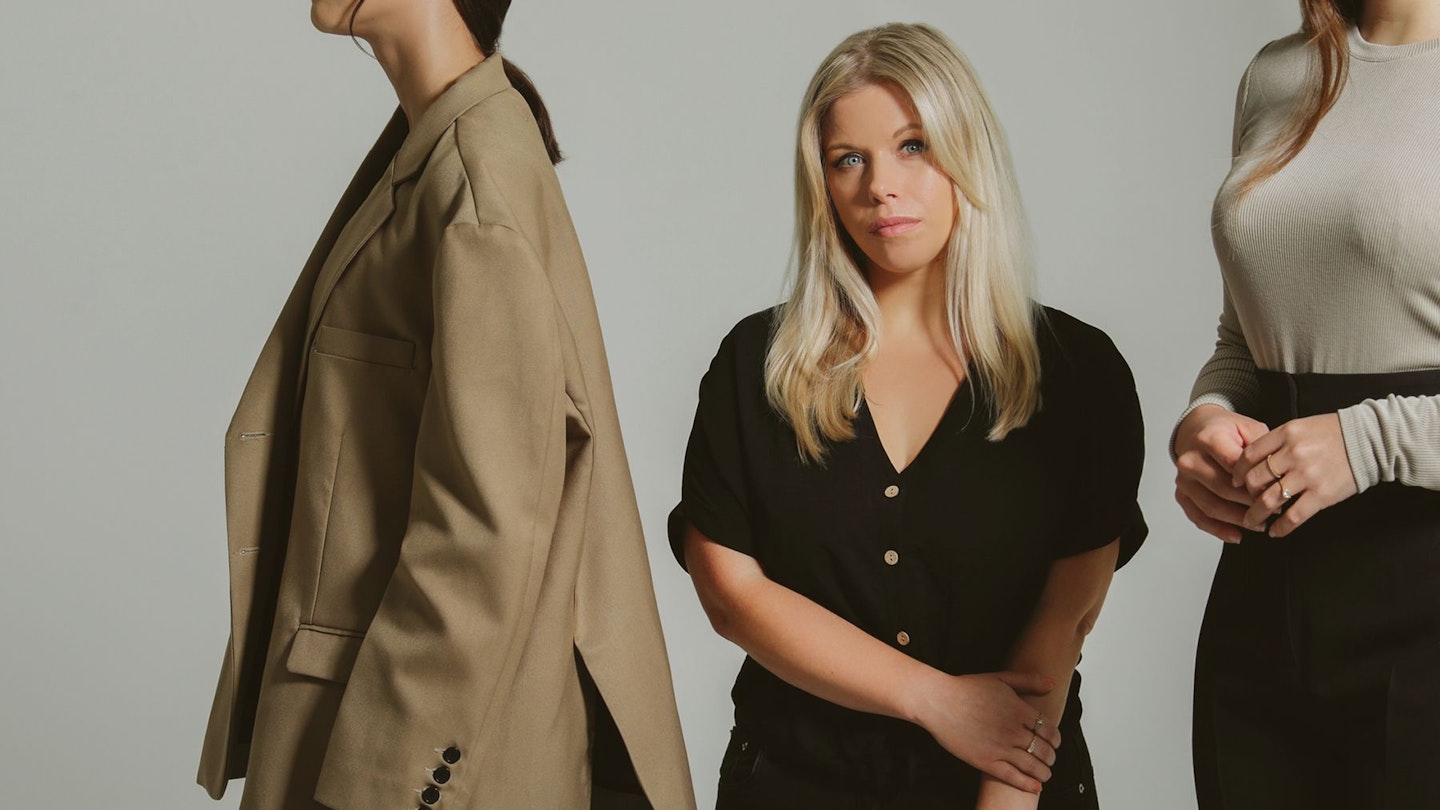 14 of 19
14 of 19Things You Only Know If You Earn Significantly Less Than Your Friends
After losing her job 31-year-old Olivia Foster found out the uncomfortable truth about what it means to be the broke friend.
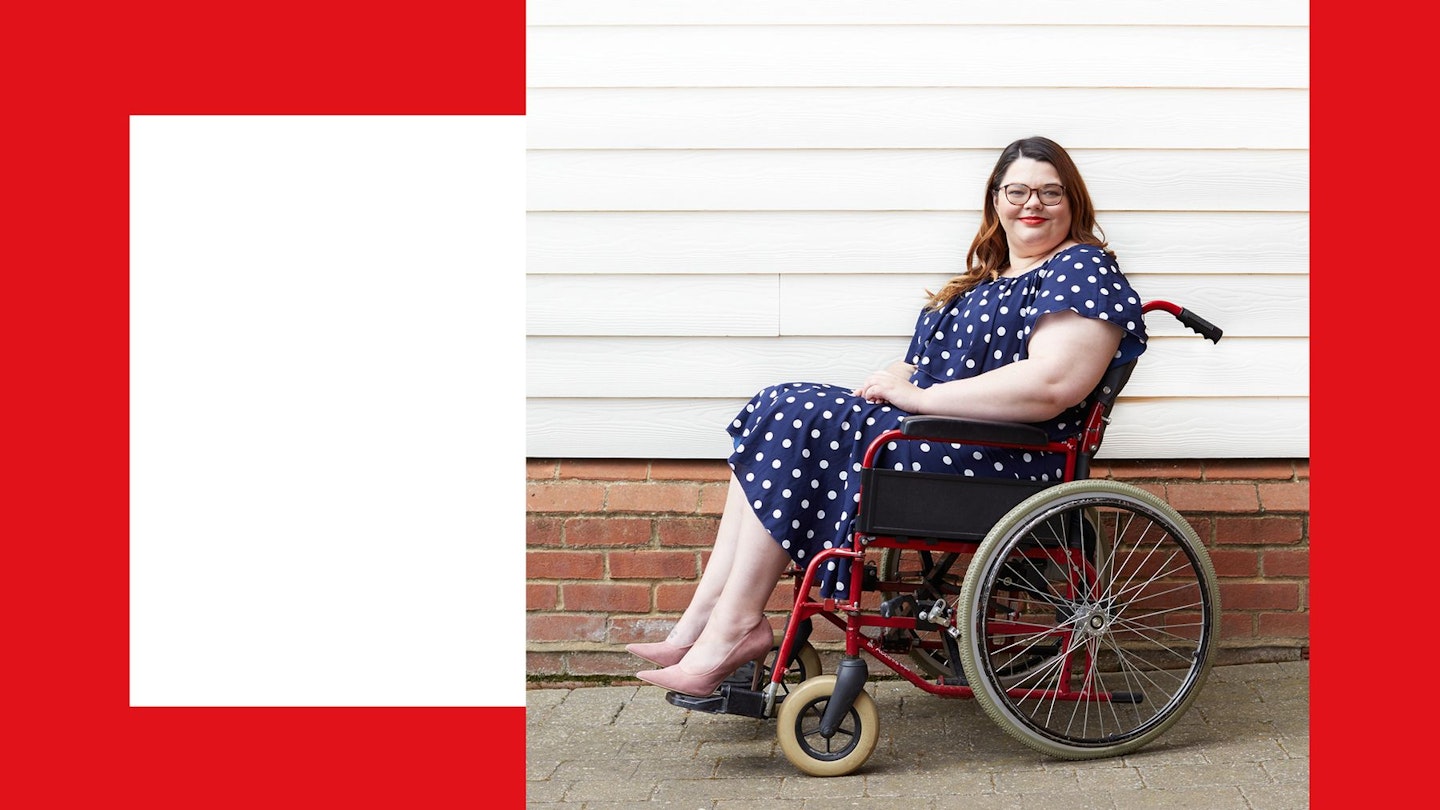 15 of 19
15 of 19Things You Only Know If You're Living With M.E.
When Hollie Brooks found herself so weak she couldn't even dress herself, she knew something was desperately wrong. To mark the end of ME Awareness Week, she tells her story.
_1024_Widthjpg.jpg?auto=format&w=1440&q=80) 16 of 19
16 of 19Things You Only Know If You're Plus-Size And Online Dating
From men who think they're doing you a favour, to feeders who fetishise your body.
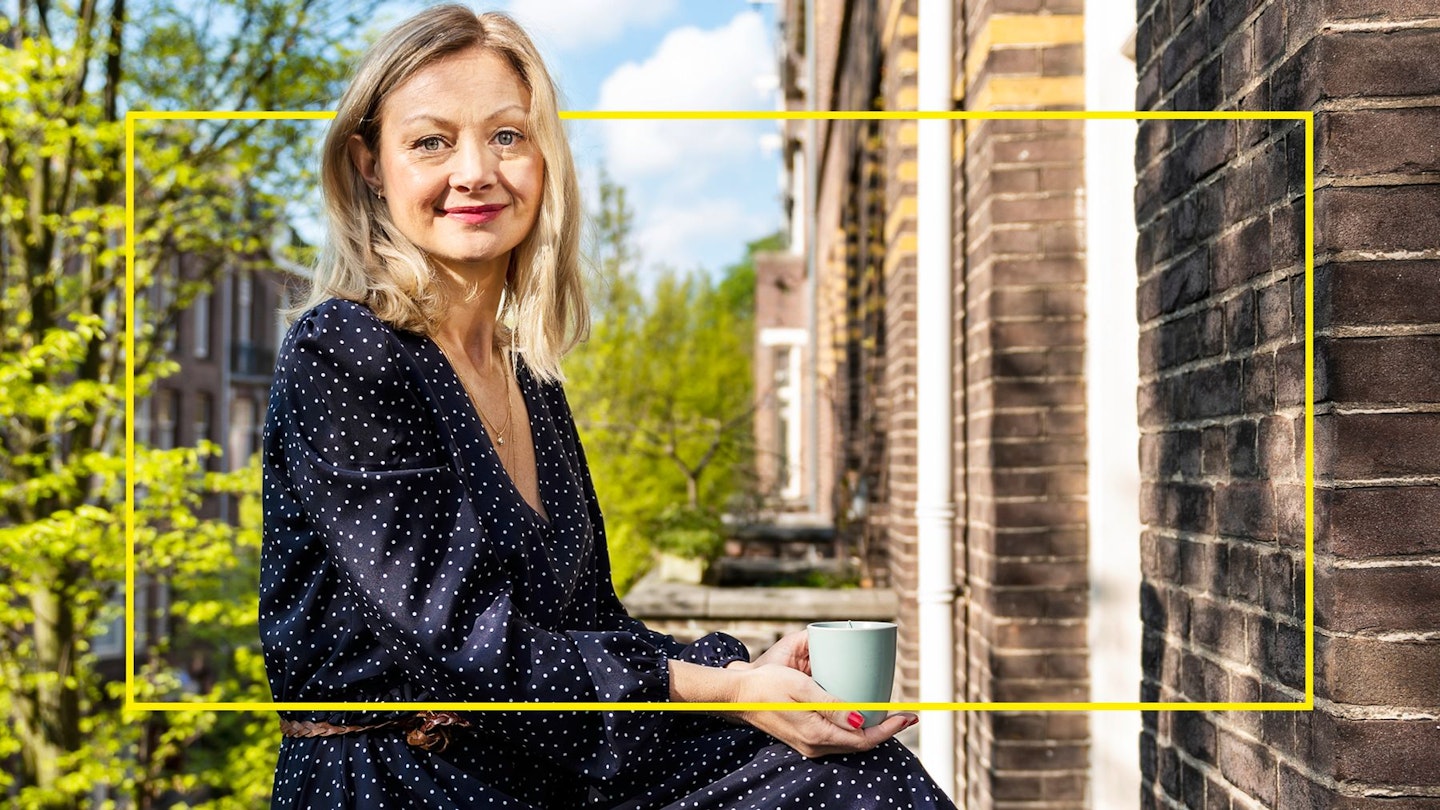 17 of 19
17 of 19Things You Only Know If You Gave Up Your Job To Follow Your Partner Abroad
'On bad days it could feel a bit 1950s'
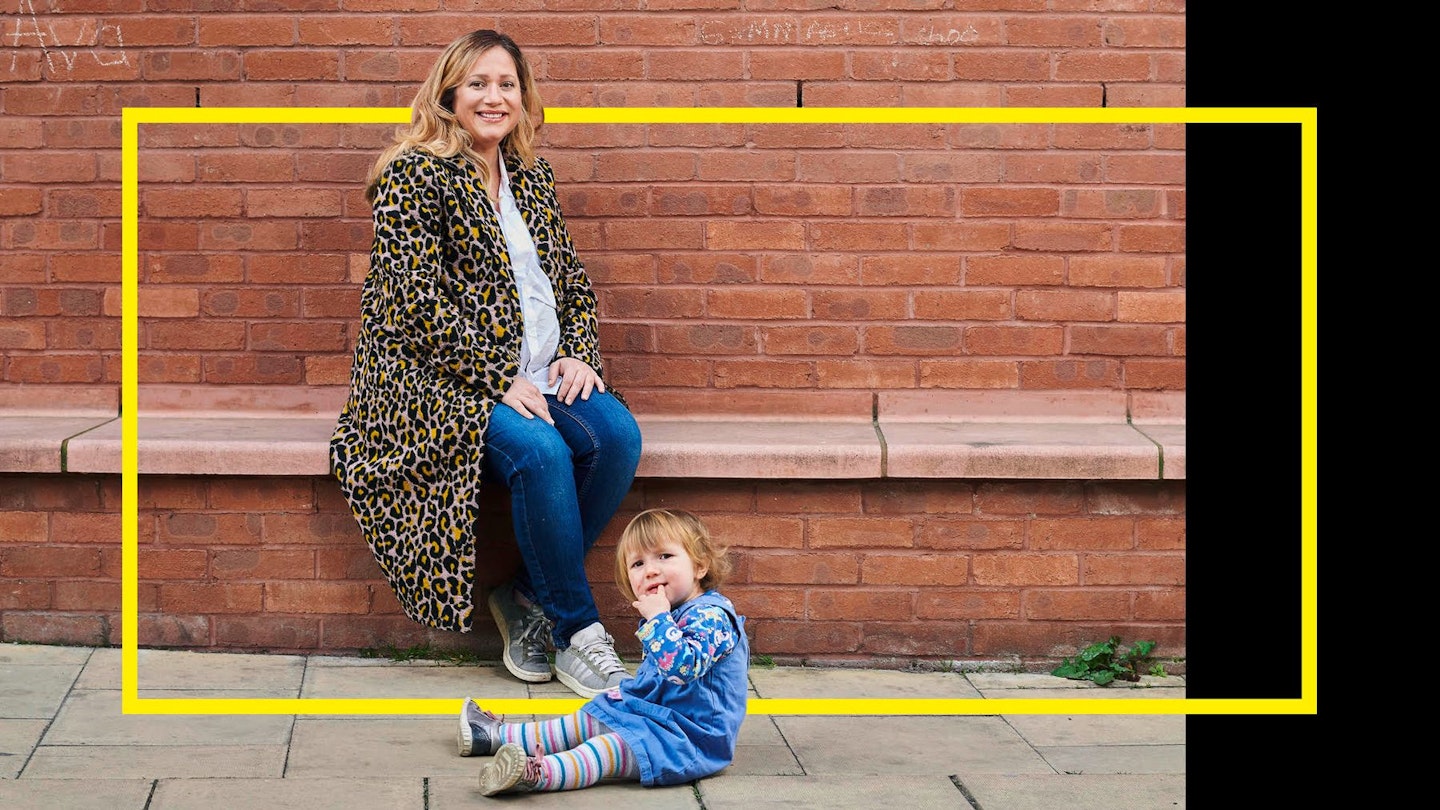 18 of 19
18 of 19Things You Only Know If You've Chosen To Have A Baby Alone
Aged 37 and single, Genevieve Roberts decided to become a mum with the help of a sperm donor.
 19 of 19
19 of 19Things You Only Know If You're An Adult Orphan
Emily Dean lost her parents and sister in the space of three years - and changed her whole life as a result.
Has she found any of the answers she began looking for after Ayo’s murder? ‘I’ve come to realise I may never get the answers. At first, I wanted to understand why anyone would randomly kill. Now I’ve got a more nuanced understanding of what goes on. These things aren’t completely random.
I think we’ve got a broken system; it has institutional problems. Black people are falling at the bottom of that system.’
Alexandra’s end goal is to help change a structure that for too long has stopped and searched Black people nearly 10 times more than white people, over-represents ethnic minorities in the criminal justice system, and sentences Black people to longer prison terms; a system that leaves some groups so distrustful of the police that they will go out and avenge a killing – as Ayo’s murderers did – rather than calling the emergency services. ‘For me, being inside the system is the best way to push for that change.’
‘In Black And White’ will be published on 17 September (£16.99, Endeavour)
READ MORE: Yes, The UK Does Have A Race Problem. And It's Just As Troubling As America's
